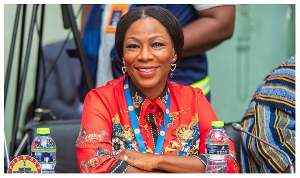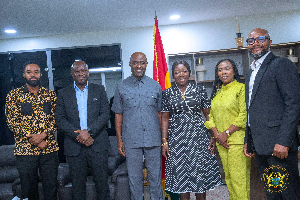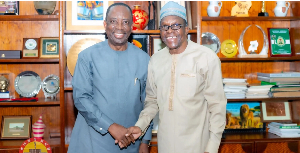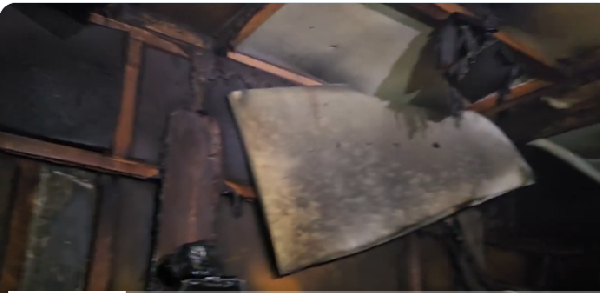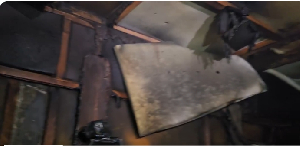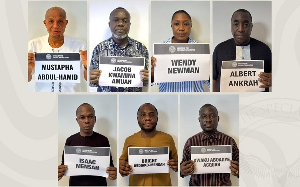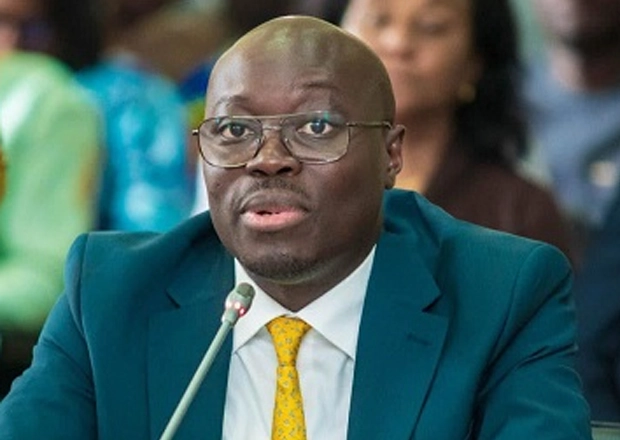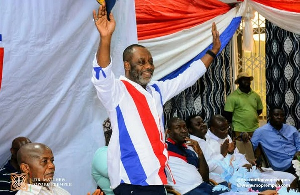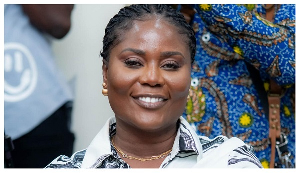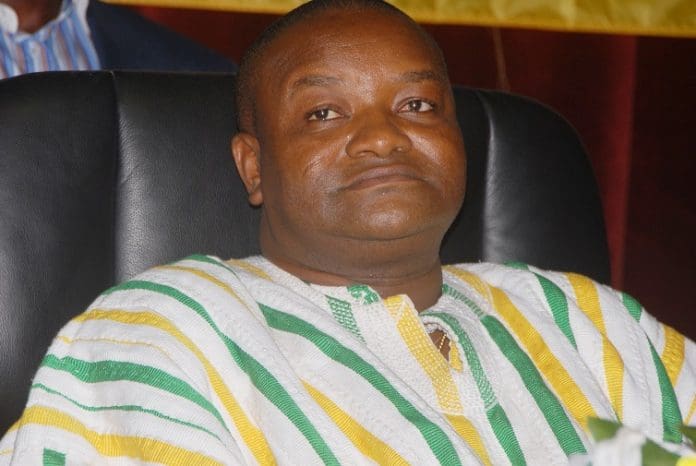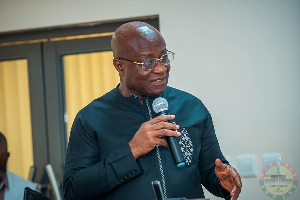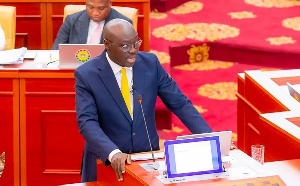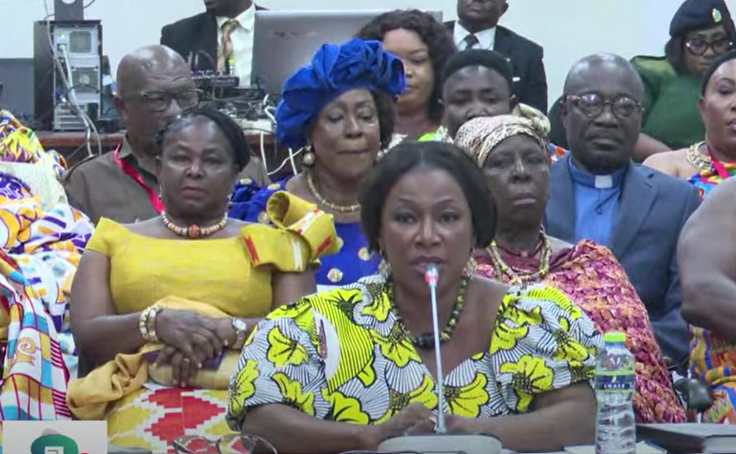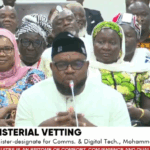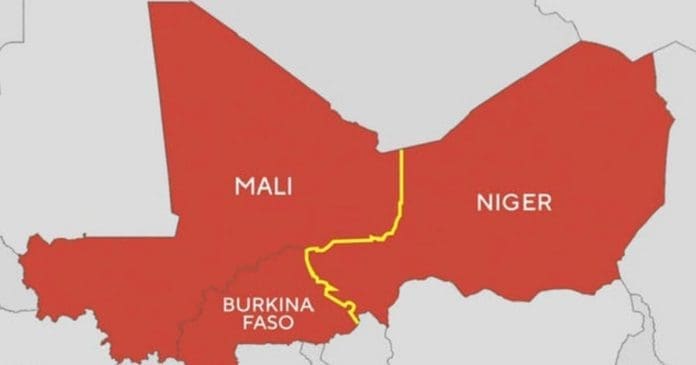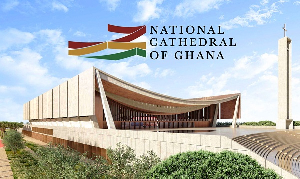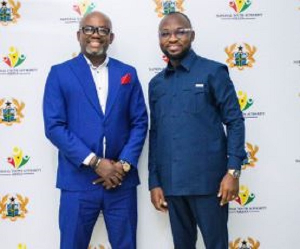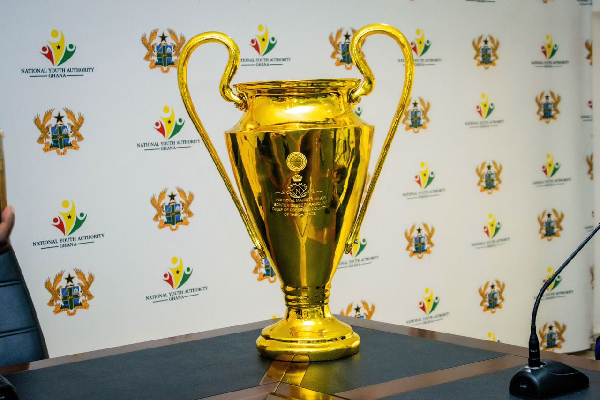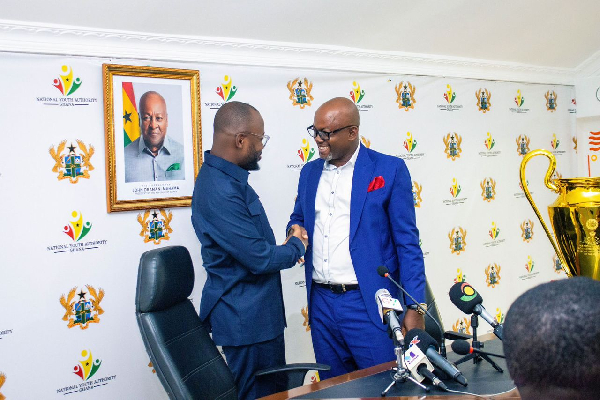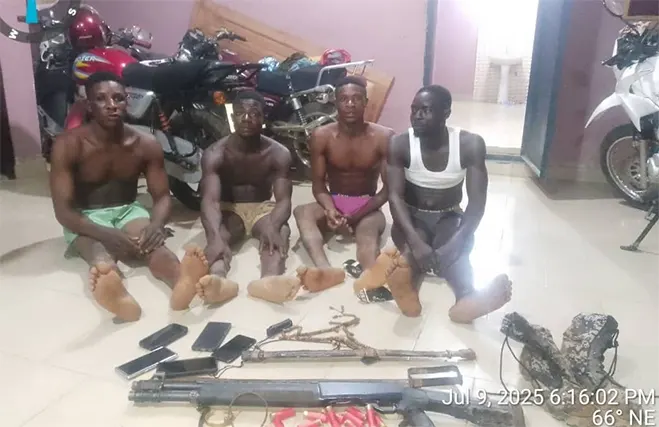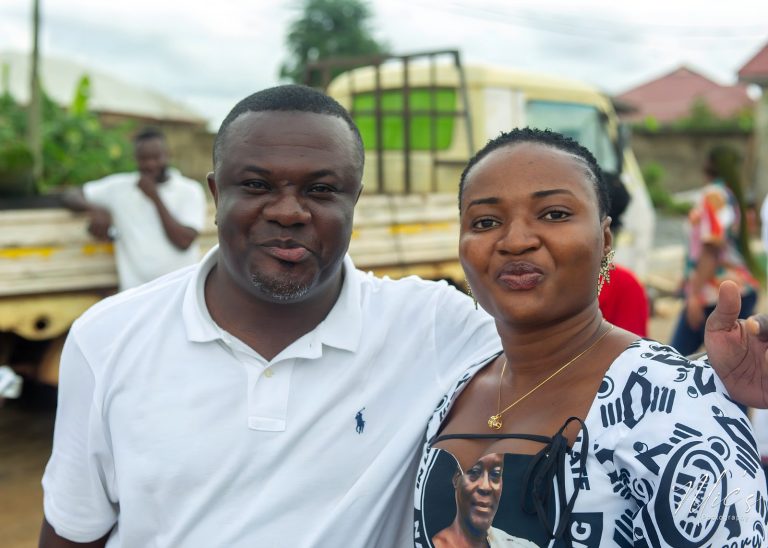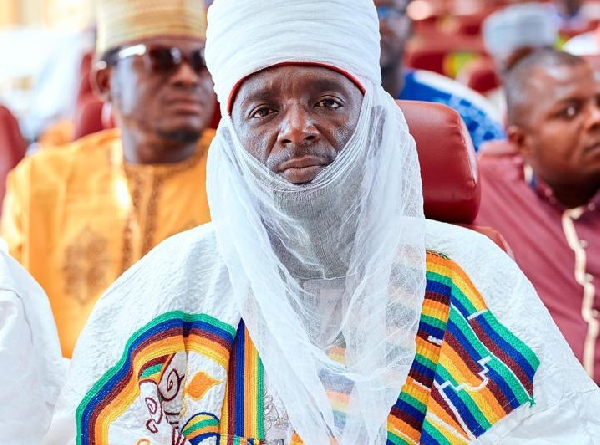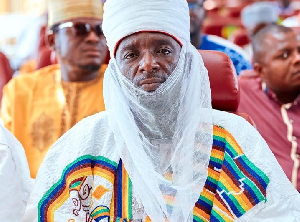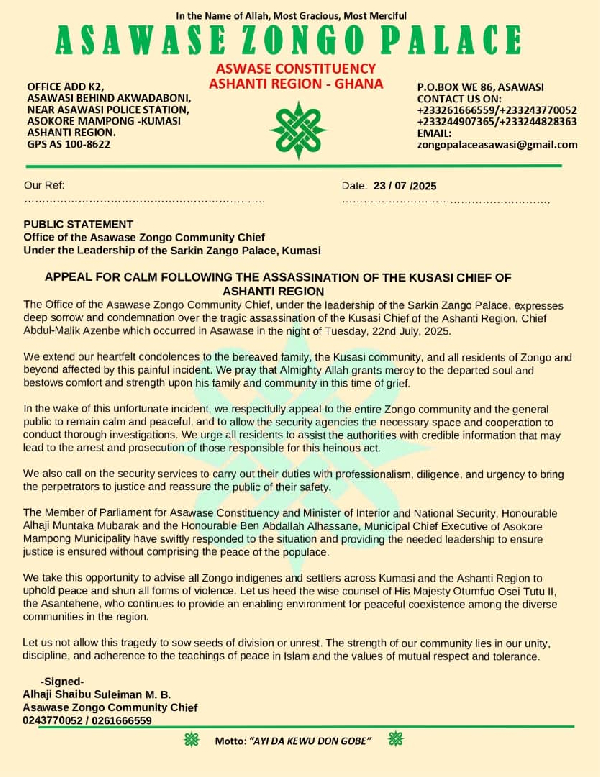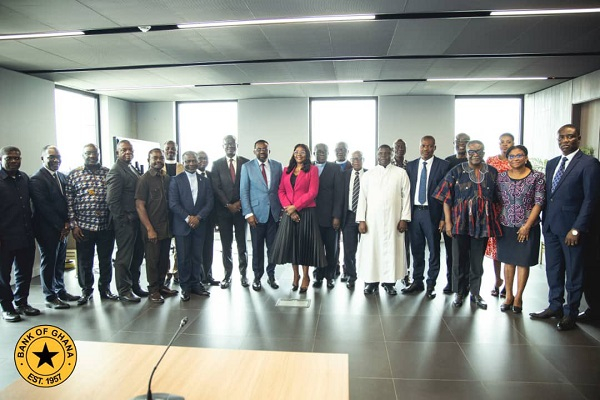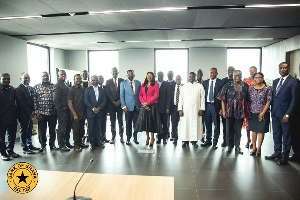Google has outlined a wave of AI support across Africa, representing $37 million in cumulative funding, including previously committed but unannounced funding, to research, talent development, and infrastructure.
The funding package includes funding and partnerships that aim to strengthen AI research, support African languages, improve food systems, expand digital skills, and build research capacity.
The AI Collaborative for Food Security, a multi-partner initiative launched with $25 million in funding from Google.org will bring together researchers, and nonprofit organisations to co-develop AI tools for early hunger forecasting, crop resilience, and tailored guidance for smallholder farmers.
The goal is to help make food systems across Africa more adaptive, equitable, and resilient in the face of increasing climate and economic shocks.
Google also announced $3 million in funding to the Masakhane Research Foundation, the open research collective advancing AI tools in over 40 African languages.
The funding will support the development of high-quality datasets, machine translation models, and speech tools that make digital content more accessible to millions of Africans in their native languages.
To further empower innovation, Google is launching a catalytic funding initiative to support AI-driven startups tackling real-world challenges.
This platform will combine philanthropic capital, venture investment, and Google’s technical expertise to help more than 100 early-stage ventures scale AI-based solutions in agriculture, healthcare, education, and other vital sectors.
Startups will also receive mentorship, access to tools, and technical guidance to support responsible development.
Africa’s AI talent is growing rapidly, but the infrastructure to support it must grow in tandem. That’s why a cornerstone of this announcement is the launch of the AI Community Centre in Accra, a first-of-its-kind space for AI learning, experimentation, and collaboration in Africa.
The Centre will host training sessions, community events, and workshops focused on responsible AI development. Its programming will span four pillars: AI literacy, community technology, social impact, and arts and culture, providing a platform for a diverse ecosystem of developers, students, and creators to engage with AI in ways that are grounded in African priorities.
To help meet the rising demand for AI and digital skills, Google is rolling out 100,000 Google Career Certificate scholarships for students in higher learning institutions across Ghana.
These fully funded, self-paced programs will focus on AI Essentials, Prompting Essentials, and other high-growth fields like IT Support, Data Analytics, and Cybersecurity, enabling more learners to access job-ready training and build careers in AI and the digital economy.
Beyond Ghana, Google.org is committing an additional $7 million to support AI education across Nigeria, Kenya, South Africa, and Ghana. The funding will support academic institutions and nonprofits building localized AI curricula, online safety training, and cybersecurity programs.
Additionally, two new $1 million grants from Google.org aim to bolster AI research capacity across the continent. One grant goes to the African Institute for Data Science and Artificial Intelligence (AfriDSAI) at the University of Pretoria to support applied AI research and training.
The other supports the Wits Machine Intelligence and Neural Discovery (MIND) Institute in South Africa, which will fund MSc and PhD students to conduct foundational AI research and help shape Africa’s role in the global AI landscape.
Speaking about the announcements, James Manyika, Senior Vice President for Research, Labs, and Technology & Society at Google, said: “Africa is home to some of the most important and inspiring work in AI today. We are committed to supporting the next wave of innovation through long-term investment, local partnerships, and platforms that help researchers and entrepreneurs build solutions that matter.”
Yossi Matias, Vice President of Engineering and Research at Google, added: “This new wave of support reflects our belief in the talent, creativity, and ingenuity across the continent. By building with local communities and institutions, we’re supporting solutions that are rooted in Africa’s realities and built for global impact.”
These new initiatives build on Google’s ongoing work across the continent. Past efforts have included partnerships to support AI-powered maternal health dashboards in Ghana and Nigeria, wildfire alerts in East Africa, and regional language models developed by teams in Accra and Nairobi.
They also reflect Google’s continued focus on shared infrastructure, open research, and inclusive innovation that ensures AI works for everyone.
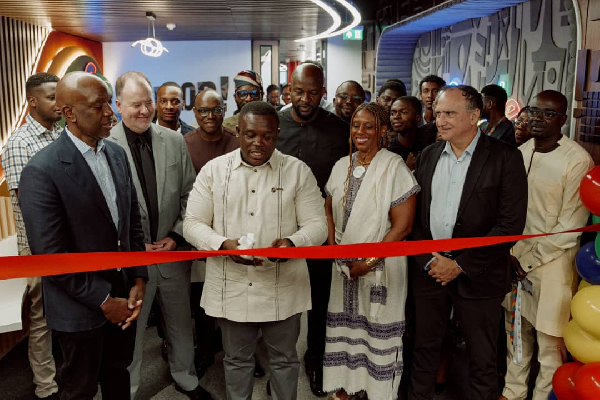
About the initiatives
AI Collaborative: Food Security
Backed by a $25 million support allocation from Google.org, the AI Collaborative: Food Security is a multi-stakeholder initiative designed to help researchers and NGOs harness AI to tackle hunger and strengthen local food systems.
The initiative supports projects that improve hunger forecasting, enhance crop resilience, and deliver real-time, AI-driven guidance to smallholder farmers, aiming to boost agricultural productivity and resilience in the face of climate disruption.
Masakhane African Languages AI Hub
With a $3 million funding allocation, Google.org is supporting Masakhane to expand the development of open-source AI tools across more than 40 African languages.
The Hub brings together linguists, technologists, and local communities to create language datasets, machine translation models, and voice technologies that improve digital access for millions, ensuring African languages are represented and usable in today’s AI-powered world.
Catalytic Startup Fund for AI Innovation
Google is launching a catalytic fund to support impact-driven AI startups across Africa. This initiative brings together philanthropic capital, venture funding, and Google’s technical support to help over 100 startups scale solutions in agriculture, health, education, and commerce. By providing early-stage funding and mentorship, it seeks to close critical gaps for local founders building AI tools for African needs.
AI Community Centre, Accra
The newly launched AI Community Center in Accra is a first-of-its-kind hub designed to democratize access to AI learning, collaboration, and experimentation. Built around four core program pillars, tech development, AI literacy, social impact, and arts and culture, the Centre offers workshops, hackathons, and research programming for students, developers, civil society, and creatives, all rooted in local contexts and challenges.
Google Career Certificates for AI Skills
Google is offering 100,000 fully funded Career Certificate scholarships to students in higher education institutions across Ghana. These flexible, self-paced courses provide job-ready training in AI Essentials, Prompting Essentials, and other fast-growing tech fields like Data Analytics and Cybersecurity, empowering the next generation of AI professionals to thrive in Africa’s digital economy.

$7M Google.org Investment in AI Skilling Programs
As part of its broader AI education mission, Google.org is investing $7 million in nonprofit and academic partners across Nigeria, Kenya, South Africa, and Ghana. This funding supports the development of localized AI curricula, cybersecurity training, and responsible AI education for youth, public sector workers, and nonprofit organizations — ensuring AI access and literacy reach every level of society.
$1M in Funding by Google.org to AfriDSAI, University of Pretoria is providing $1 million in funding to the African Institute for Data Science and Artificial Intelligence (AfriDSAI) at the University of Pretoria. This initiative will support applied AI and data science research to address critical African challenges, enhance lives across the continent, and strengthen capacity for emerging African researchers.
$1M in Funding by Google.org to Wits MIND Institute To help establish Africa’s leadership in global AI research, Google.org is providing $1 million in funding to the Wits Machine Intelligence and Neural Discovery (MIND) Institute in South Africa.
This funding will support MSc and PhD students conducting foundational research, fostering a new generation of AI experts to shape innovation and policy from an African perspective.





